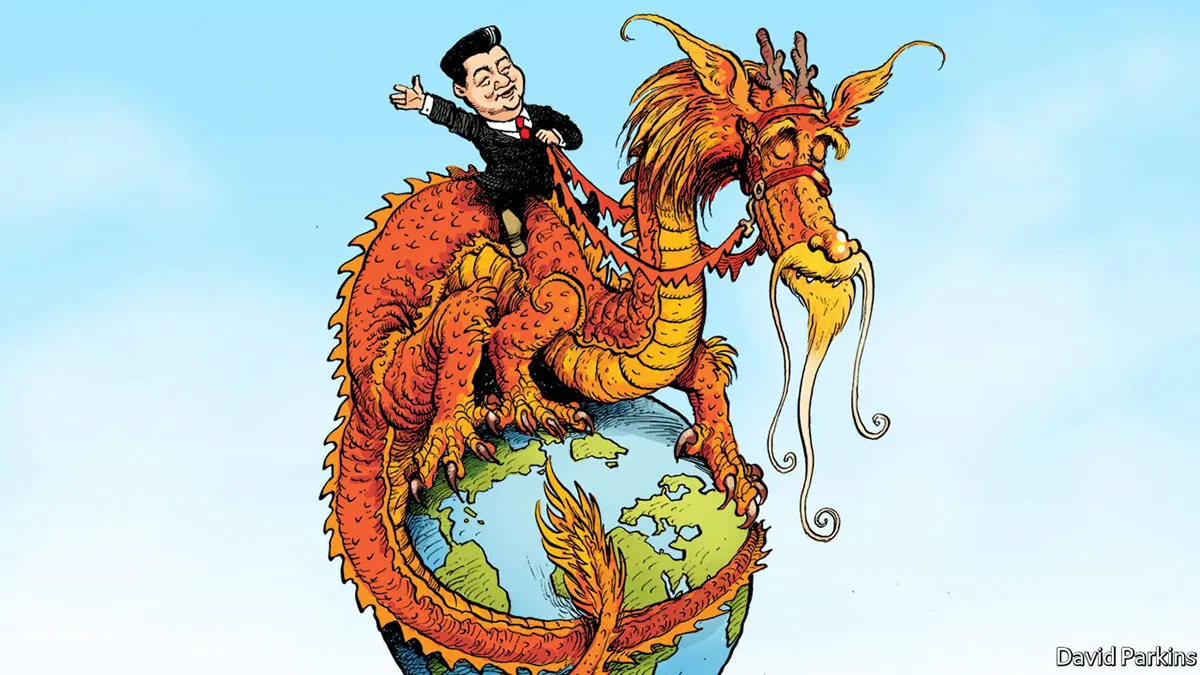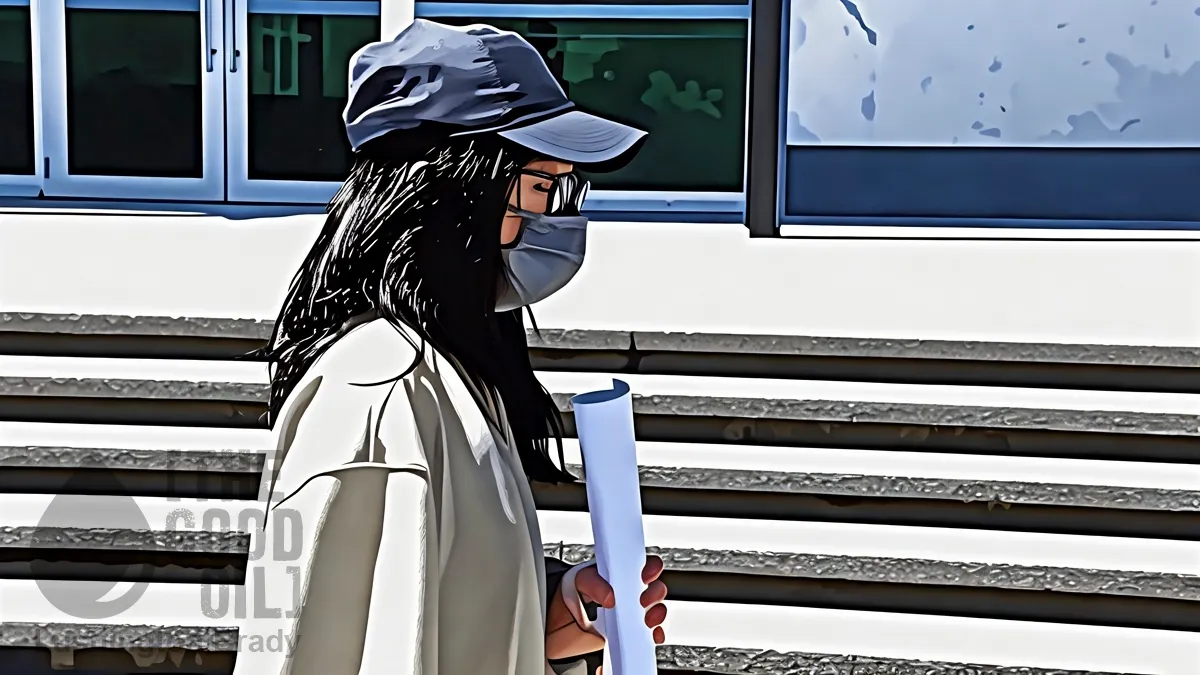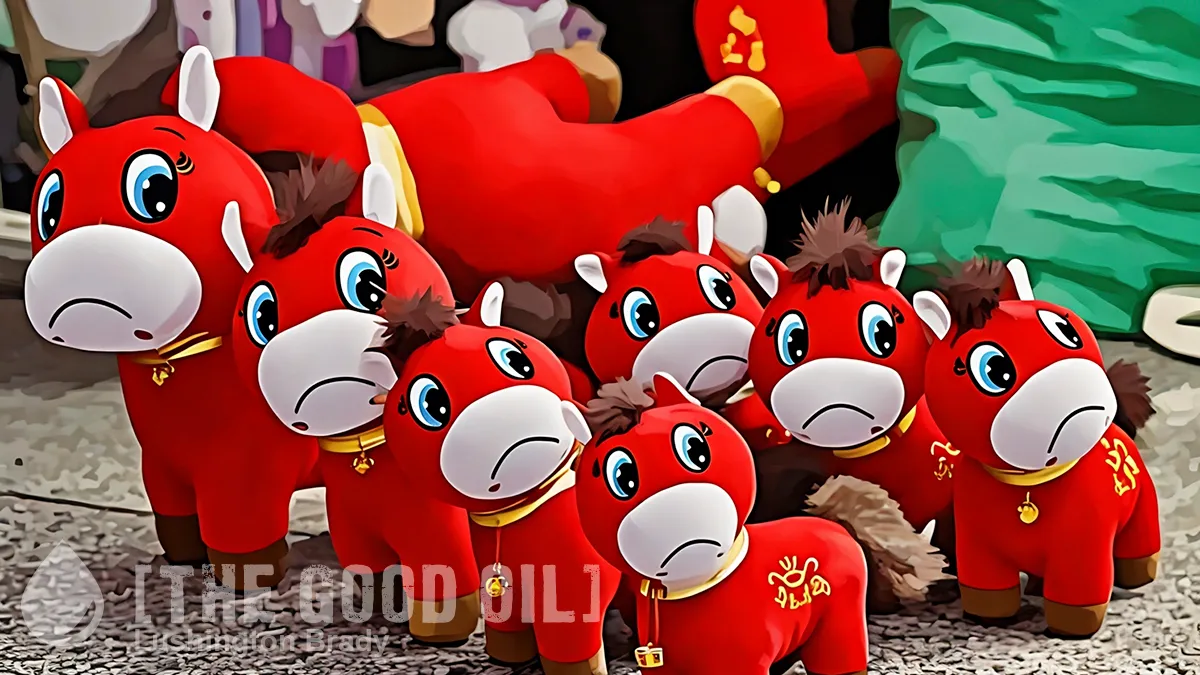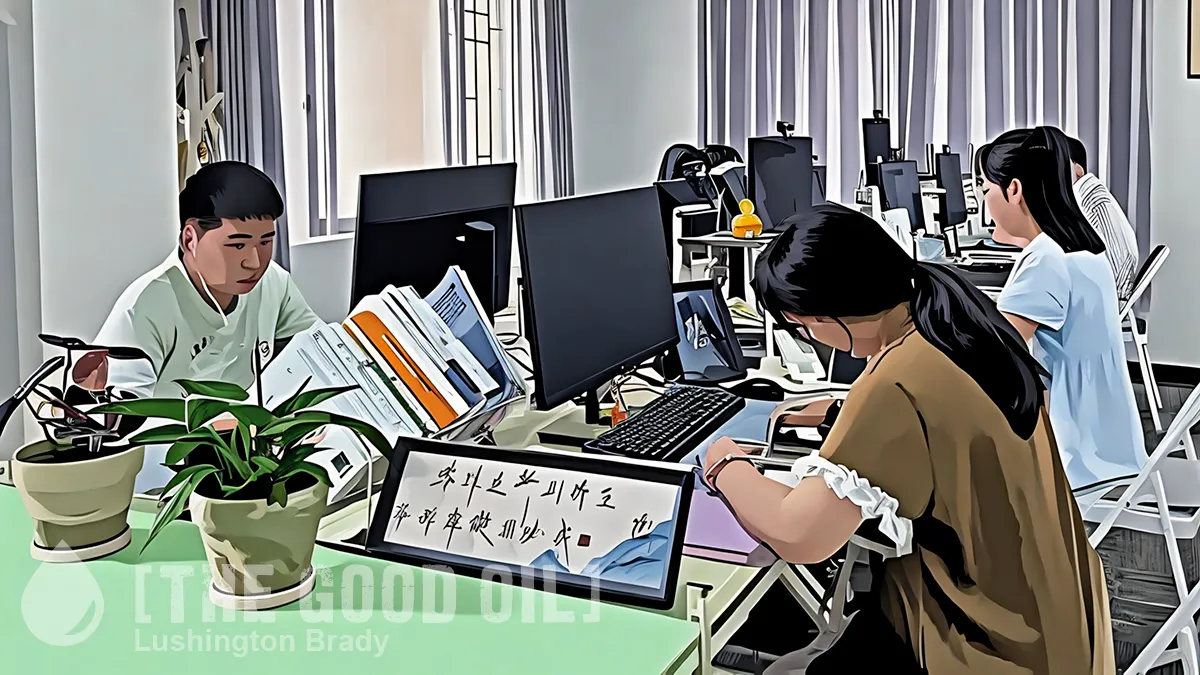Table of Contents
Yet again, Margaret Thatcher’s pointed condemnation of socialism, “eventually you run out of other people’s money”, is being proved true. Even when it’s “socialism with Chinese characteristics”.
I’ve always taken breathless media reports of China’s “economic miracle” with a grain of salt. Every time some hyperventilating mainstream media hack crows about supposed growth figures in China, the caveat ought to have been: “according to the CCP”. Which is as much to say: it’s probably bullshit.
After all, according to the CCP, nothing happened in Tiananmen Square in 1989, and it was all the protesters’ fault, anyway. According to the CCP, Covid-19 was unleashed in Wuhan by American agents. According to the CCP, 50 million people just unaccountably vanished from population figures in the late 50s.
Then again, even here in the West, we were reassured that the property market and the banks were going great guns… right up until literally the moment the whole lot collapsed into a pile of toxic debt.
Over to you, Xi Xinping.
China’s economy is unravelling at a pace previously thought unimaginable.
Its property market rout has turned into an implosion, its stock markets are at their lowest levels in five years and international investors are abandoning the country.
While the rest of the developed world has been fighting off the worst bout of inflation in almost half a century, China’s economy has turned deflationary. Consumer prices are falling, a problem that, if not arrested, can turn into an ugly, negative feedback loop.
Like the GFC, the only surprise is that none of the supposed Masters of the Universe saw it coming. Worse, even as Australia’s political and defence leadership belatedly wised up to the threat of China — culminating in AUKUS, and now a rushed, $11 billion investment in new ships, to double the size of the Royal Australian Navy — Australia’s business elite were greedily enmeshing the nation ever tighter in China’s tentacles.
While attention remains focused on military hardware, a far more immediate threat to our security is emanating from the Middle Kingdom […]
Last October, the Reserve Bank of Australia put together a paper outlining the potential threats to global growth, and particularly Australia, from the ongoing meltdown in China’s property market.
Since then, the situation has further deteriorated, raising fears that the country’s banking and financial system may be impacted.
As happened in the GFC, a mountain of illusory wealth has been built on the property market. But, as happened in the GFC, reality is fast catching up to speculation. China’s “ghost cities” — shiny, new cities built to order by the CCP, which now stand virtually empty — are just the start. Dwelling prices have fallen 16% in two years, and the downturn is accelerating. Sales are down 23%, falling the fastest in nearly a decade. And there’s worse to come, analysts are finally admitting.
A major problem is the millions of uncompleted apartments that have been paid for by investors that overhang the market on which building has stalled. That overhang, and the lack of new sales, has crippled local government authorities that rely upon real estate sales, saddling them with around $US13 trillion ($19.87 trillion) in debts.
Last week, the government again cut interest rates to inject cash back into developers’ coffers. But the action has done little to instil any confidence, particularly since the collapse of China Evergrande, once one of the world’s biggest developers, and the debt defaults of Country Garden.
And, while stock markets in the West, even sclerotic Japan, hit record highs, in China the reverse is happening. Almost $US7 trillion — about 40% of value — has evaporated from the Chinese stockmart since 2021.
So, now the unprincipled greed of Western investors is coming back to haunt them — and us.
Global investment funds, including big Australian super funds, have been left nursing serious losses, especially those who plunged into the market last year in anticipation of a post-COVID boom, and many have opted to retreat […]
Even Vanguard, the global funds manager that helped pioneer passive Exchange Traded Funds, has withdrawn from China.
But it’s the CCP which has most to lose. Largely because it inadvertently engineered the crisis via good, old-fashioned socialist authoritarianism.
Even before COVID and the stringent lockdown that kept the country isolated, Beijing went to war with its biggest and most powerful businesses.
Even before it took on technology barons, including Alibaba founder Jack Ma and fired a rocket into the private education sector, it had taken aim at real estate moguls.
Just as Beijing did an abrupt 180 on the one-child policy, suddenly ordering Chinese to have two children for the revolution. Except that Chinese ignored the CCP’s injunctions, en masse. The population continues to free-fall — and so does the market.
Declaring that “houses are for living in, not speculation”, President Xi Jinping attempted to take the heat out of an overheated housing market. It certainly worked.
Strict debt rules were put in place – known as the three red lines – that all but crippled developers.
Beijing has since wound back the rhetoric on property investment but has failed to take any meaningful steps to stop the rout.
ABC Australia
But what does this matter to us?
Firstly, the Albanese government has claimed ongoing budget surpluses entirely on the assumption that Chinese demand for iron ore will continue. An heroic assumption, as it turns out.
Worse, totalitarian governments throughout history have resorted to sabre-rattling in order to distract the domestic population from troubles at home. At the same time, Xi is not getting any younger, while his dream of a “unified” China (i.e. conquering Taiwan) slips ever further away.









